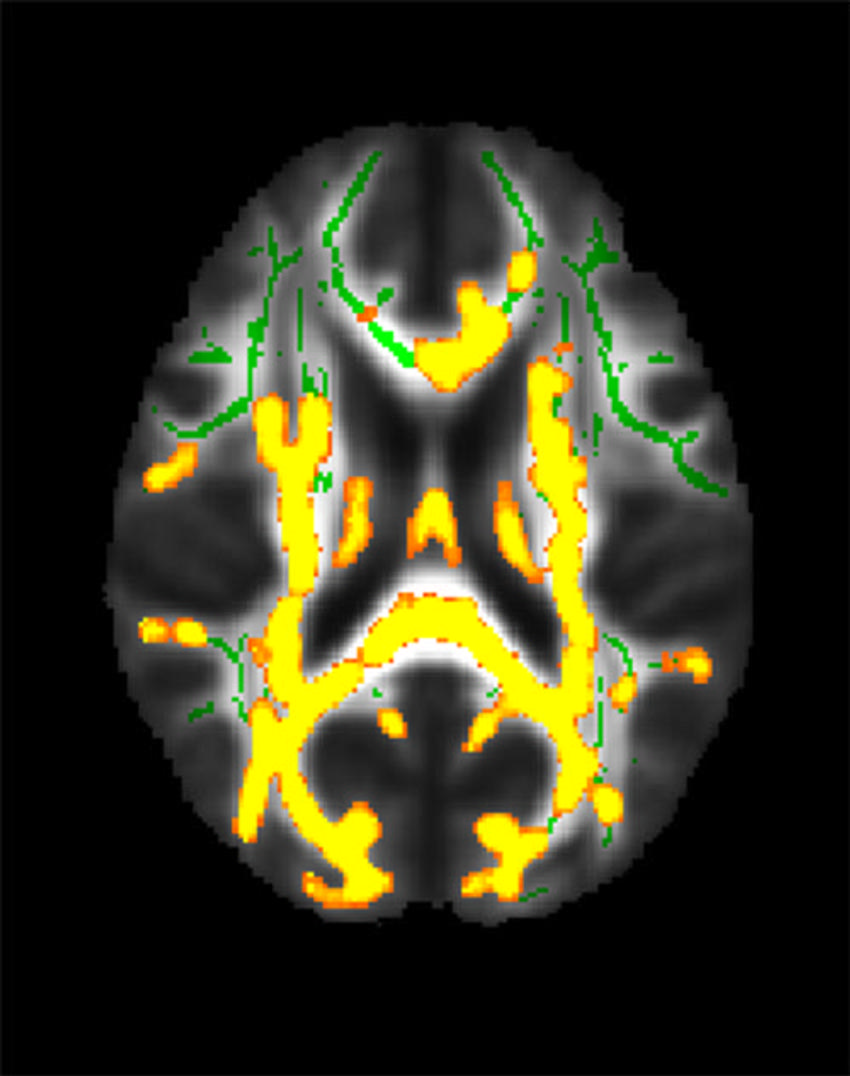Mental Health Research / 20.06.2024
Guide to Neurofeedback Therapy
The pandemic may be over, but its effects linger. According to a paper on the psychological impact of COVID-19 on children and adults in the United Arab Emirates, 71% of the UAE general population have generalized anxiety disorder. Younger people and females register the highest levels of anxiety, and teachers also report a higher incidence of emotional problems in children.
Mental health awareness and solutions are more crucial than ever in the face of this increased risk for anxiety. Fortunately, you and the people you care about have access to interventions like neurofeedback in Dubai to address various mental health conditions.




 Stress in the workplace is the body's response to the demands and pressures encountered in professional situations. It can manifest as acute stress, which is short-term and often related to specific events, or chronic stress, which persists over a long period due to ongoing challenges.
Stress in the workplace is the body's response to the demands and pressures encountered in professional situations. It can manifest as acute stress, which is short-term and often related to specific events, or chronic stress, which persists over a long period due to ongoing challenges. 
 The High-Stress Environment of Nursing
The High-Stress Environment of Nursing

 As technology continues to evolve within the healthcare sector, creating new opportunities for enhancing patient care, it's crucial that empathy doesn't get lost in the shuffle. Innovative tools and systems should be seen as avenues to deepen our understanding and connection with patients, rather than as barriers to the human touch. Embracing technology with empathetic intention can lead to an even greater level of personalized care.
One specific area where empathy can play a transformative role is in addressing
As technology continues to evolve within the healthcare sector, creating new opportunities for enhancing patient care, it's crucial that empathy doesn't get lost in the shuffle. Innovative tools and systems should be seen as avenues to deepen our understanding and connection with patients, rather than as barriers to the human touch. Embracing technology with empathetic intention can lead to an even greater level of personalized care.
One specific area where empathy can play a transformative role is in addressing 











 In recent years, the field of psychiatric care has undergone a revolutionary transformation. This is because of groundbreaking research that has redefined our understanding of mental health and treatment methodologies.
From innovative therapies to advanced diagnostic tools, transformative research has played a pivotal role in reshaping the landscape of psychiatric care.
In this article, we will explore the key contributions that researchers have made in this field. We will also talk about how their work is influencing the way mental health is approached and treated.
In recent years, the field of psychiatric care has undergone a revolutionary transformation. This is because of groundbreaking research that has redefined our understanding of mental health and treatment methodologies.
From innovative therapies to advanced diagnostic tools, transformative research has played a pivotal role in reshaping the landscape of psychiatric care.
In this article, we will explore the key contributions that researchers have made in this field. We will also talk about how their work is influencing the way mental health is approached and treated.




 Lauren C. Davis, MBS
Department of Medical Education
Geisinger Commonwealth School of Medicine
Scranton, PA 19409
MedicalResearch.com: What is the background for this study?
Response: Financial conflicts of interest (COIs) resulting from ties between academia and industry have been under scrutiny for their potential to hinder the integrity of medical research. COIs can lead to implicit bias, compromise the research process, and erode public trust (1-6). The American Psychiatric Association’s Diagnostic and Statistical Manual of Mental Disorders (DSM), standardizes symptom criteria and codifies psychiatric disorders. This manual contributes to the approval of new drugs, extensions of patent exclusivity, and can influence payers and mental health professionals seeking third-party reimbursements. Given the implications of the DSM on public health, it is paramount that it is free of industry influence. Previous research has shown a high prevalence of industry ties among panel and task force members of the DSM-IV-TR and DSM-5, despite the implementation of a disclosure policy for the DSM-5 (7,8). This study (9) determined the extent and type of COIs received by panel and task-force members of the DSM-5-TR (2022) (10). As the DSM-5-TR did not disclose COI, we used the Center for Medicare and Medicaid Services Open Payments (OP) database (11) to quantify them.
Lauren C. Davis, MBS
Department of Medical Education
Geisinger Commonwealth School of Medicine
Scranton, PA 19409
MedicalResearch.com: What is the background for this study?
Response: Financial conflicts of interest (COIs) resulting from ties between academia and industry have been under scrutiny for their potential to hinder the integrity of medical research. COIs can lead to implicit bias, compromise the research process, and erode public trust (1-6). The American Psychiatric Association’s Diagnostic and Statistical Manual of Mental Disorders (DSM), standardizes symptom criteria and codifies psychiatric disorders. This manual contributes to the approval of new drugs, extensions of patent exclusivity, and can influence payers and mental health professionals seeking third-party reimbursements. Given the implications of the DSM on public health, it is paramount that it is free of industry influence. Previous research has shown a high prevalence of industry ties among panel and task force members of the DSM-IV-TR and DSM-5, despite the implementation of a disclosure policy for the DSM-5 (7,8). This study (9) determined the extent and type of COIs received by panel and task-force members of the DSM-5-TR (2022) (10). As the DSM-5-TR did not disclose COI, we used the Center for Medicare and Medicaid Services Open Payments (OP) database (11) to quantify them.





 If you've been in a scrape and your noggin took a knock, playing it tough and shaking it off isn't the way to go.
If you've been in a scrape and your noggin took a knock, playing it tough and shaking it off isn't the way to go. 

